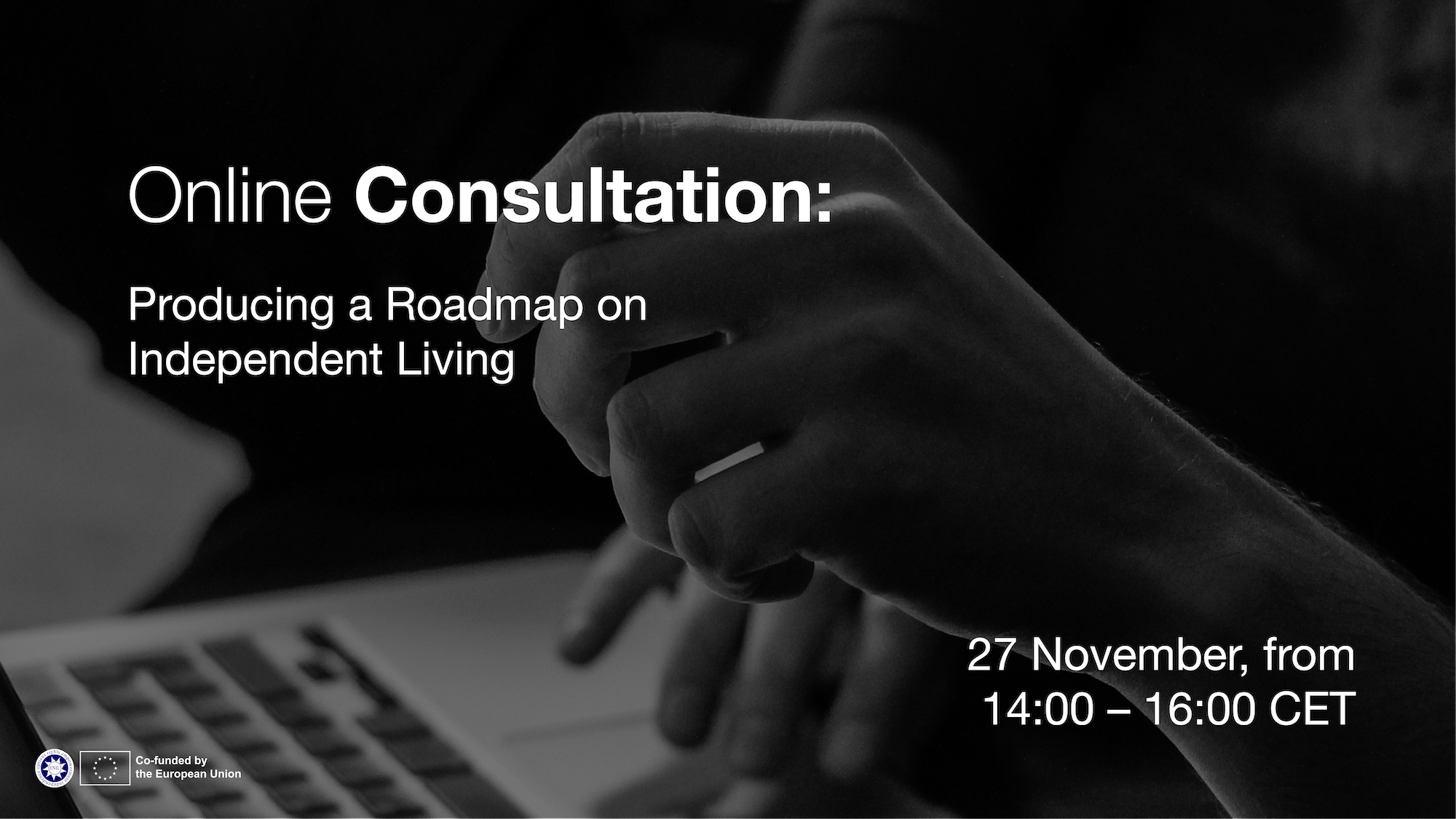The LITI-GATE Final Conference, held on 29 October 2025 at the European Economic and Social Committee in Brussels, brought together leading voices from EU institutions, academia, victim support organisations and the disability movement. The event marked the close of a two-year EU-funded project coordinated by Victim Support Europe in partnership with Validity Foundation, ENIL, KERA Foundation, the Centre for Legal Resources and Forum for Human Rights. Throughout the day, participants reflected on the project’s achievements and on the growing importance of strategic litigation in transforming justice systems for persons with disabilities.
The conference opened with remarks from Aleksandra Ivankovic, Deputy Director of Victim Support Europe, followed by an address from Dovilė Juodkaitė of the European Economic and Social Committee. ENIL’s Co-chair, Nadia Hadad, delivered the keynote speech, placing the right to independent living at the centre of the day. Nadia stressed that institutionalisation persists across Europe in many forms, sometimes with new names or smaller buildings, but under the same logic of segregation and substituted decision-making. She called for a fundamental shift towards support systems that uphold legal capacity, personal assistance and genuine inclusion, reminding the audience that independent living is not about architecture but about freedom and the redistribution of power.
The first panel of the morning examined the role of EU law in questioning the status quo of institutionalisation. Moderated by Anna Arganashvili from Validity Foundation, the discussion brought together Nadia Hadad, Georgiana Pascu from the Centre for Legal Resources, and Aneta Genova from KERA Foundation. Through case law, advocacy experience and monitoring work, the speakers highlighted the gaps between legal standards and lived reality, particularly the continued misuse of public funds for forms of segregation. Their contributions echoed a shared message: Europe must move beyond smaller institutions and invest instead in personal assistance, accessible community services and respect for self-determination.
In the afternoon, attention shifted to access to justice. Self-advocate Tanya Petkova and attorney Vladimir Mirchev opened the session by describing the barriers persons with disabilities still face when navigating criminal and civil proceedings. Their testimonies captured how inaccessible communication, rigid procedures and lack of support can silence the very individuals most in need of protection.
This was followed by a session on procedural accommodations delivered by ENIL’s Project Officer, Adela Santos Lavigne. Adela offered a concise and practical overview of how justice systems can ensure equal participation for persons with disabilities, emphasising that procedural accommodations are not optional or “special measures” but legal obligations under Article 13 of the CRPD and the EU Victims’ Rights Directive. Drawing on project experiences from Bulgaria, Ireland and Spain, she highlighted the need for structured procedures to identify a person’s support needs, as well as the importance of communication assistance, sensory adjustments and intermediary support. Her intervention underscored that accessible justice requires proactive and individualised solutions grounded in dignity, and that the real test of any justice system lies in who feels able to speak—and who is truly heard.
The final panel of the day explored the connection between national litigation and European and international law. Moderated by Aleksandra Ivankovic, the discussion featured contributions from Peter Stanicz of Eötvös Loránd University, prosecutor Cătălin Popescu from Romania and attorney Klara Procházková of Forum for Human Rights. Together, they examined how legal strategies can strengthen the rights of victims with disabilities and how litigation can expose systemic gaps that require structural reform.
Closing reflections were offered by Teodor Mladenov, who spoke about independent living, professional power and the need to return decision-making to individuals themselves. The conference ended with a final message from Steven Allen, Executive Director of Validity Foundation, highlighting the value of alliances that move rights from paper to practice.
For ENIL, LITI-GATE has been an opportunity to deepen collaboration on strategic litigation and strengthen our contribution to systemic change. Through Nadia’s leadership on deinstitutionalisation and Adela’s work on procedural accommodations, ENIL remains committed to ensuring that disabled people can access justice, live independently and participate fully in society. As we move forward with initiatives such as the StratAGEic project and the expansion of the Disability Rights Defenders network, we will continue building a Europe where rights are not only recognised, but realised.
Find out more about the LITI-GATE Project at this link: https://enil.eu/project/liti-gate/



